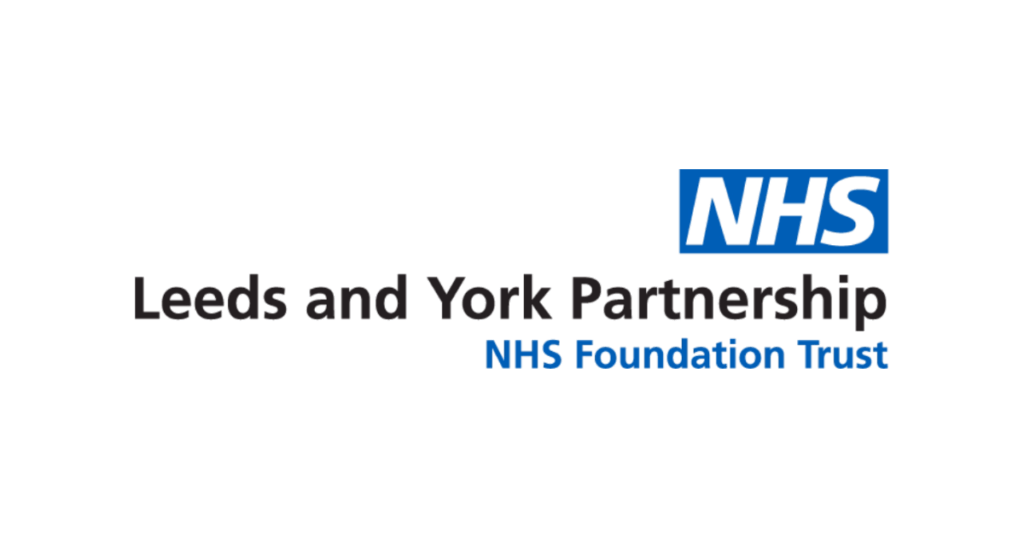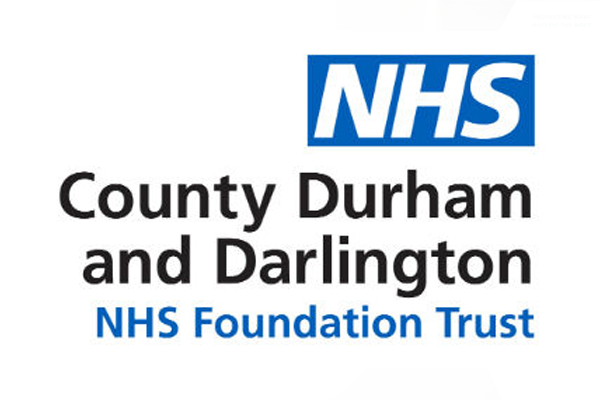
The customer
They are the UK’s largest provider of NHS cataract surgery with an average four-week waiting time for treatment and excellent patient outcomes. The organisation is based in the North West and operates from 55 of their own state-of-the-art facilities.

When a patient is referred for treatment by the NHS, the referrer provides Our customer with a patient record containing sensitive data, which our customer were scanning at their 3 central hubs and storing in house. In early 2023, due to the successful growth of the business, our customer’s in-house scanning team was reaching capacity. With 16,000 surgeries taking place every month and a growing portfolio, the number of files needing to be digitised was rapidly increasing.
Our customer approached us to help with their future digitisation strategy, and to find a more cost-effective and efficient approach. The driver for the project was to support the growth and success of our customer by streamlining their current end-to-end process, to become more efficient and allowing them to focus on their core services.

When Restore Information Management analysed our customer’s digitisation operation, they found the opportunity to introduce a revised process, which would improve productivity and enable them to focus on patient care and their growth plans.
The technical team worked in two-week sprints to produce a minimum viable product (MVP) for a new digitisation platform. This agile approach meant our customer could help shape development, adding ideas and refining elements to produce the ideal system.
Following the successful pilot, Restore Information Management implemented service level agreements (SLAs) to ensure a high quality standard with a quick turnaround of records was maintained across the project.
The two companies began working together in April 2023; scanning began at Restore Information Management’s own facilities in July 2023; and the backlog of a year’s worth of files was digitised within 12 weeks. The team at Restore Information Management could then focus on scanning the patient records that were created at the individual hospitals on a daily basis.

Restore Information Management has fully digitised the backlog of patient records and now provides ongoing support, scanning patient records from our customer’s 55 hospitals nationwide.
Benefits for our customer include:
- A year’s worth of scanning brought up to date within 3 months – Restore Information Management designed a process which balanced speed, accuracy and cost-effectiveness to digitise over 180,000 records
- More space in properties – Digitising around 2,600 boxes of files and removing scanning machines in the three central hubs increased physical space and removed the cost for secure offsite storage
- Cost-savings and better use of time – Staff who previously manually prepared and categorised documents have been redeployed to support the logistical chain of custody process and streamlining record provision to clinicians
- The potential for human error has been reduced – Automatic categorisation reduces admin time, by removing the need for humans to categorise each document type
- A platform for growth – the previous process needed additional investment with increasing file volumes. Now, the new scanning platform can easily scale to support future expansion and business growth
- Improved patient experience – Clinicians can access medical records quickly and even documents awaiting scanning can be retrieved and shared within 2 hours in the most urgent cases
- A leap forward on the road from paper to digital – Our customer and Restore Information Management are working together on the next stage of a digital strategy to become a more paper-lite organisation
A new scanning system, developed through technical sprints, tackled a year’s backlog within three months, transformed search functionality, and made same-day digital patient record retrieval a reality, vastly improving patient experience and clinical excellence at the point of need.



